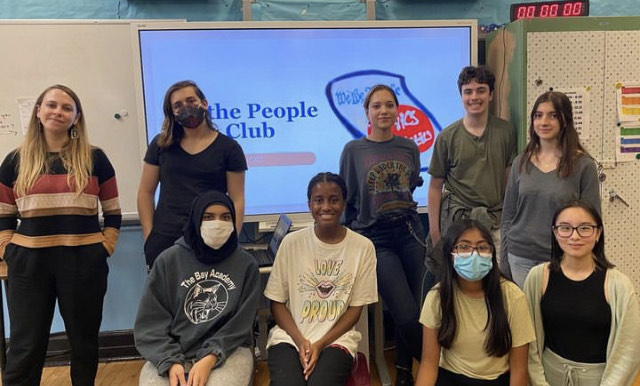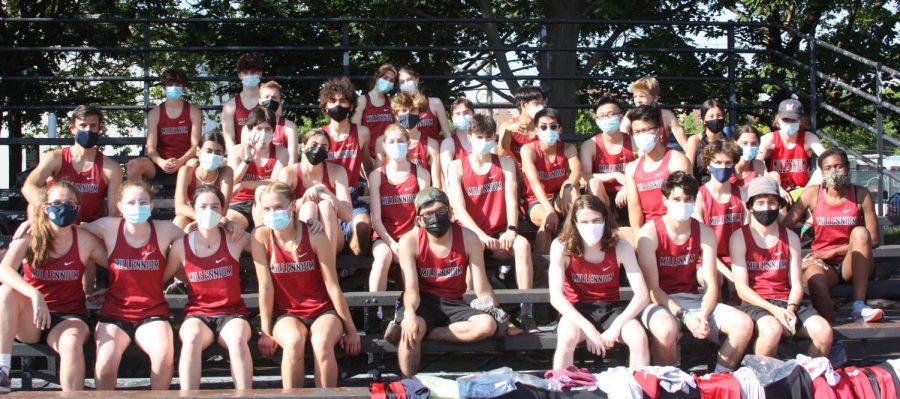Speak Your City
April 13, 2016
Moving to new city is the farthest thing from easy. While discovering new places and deciding which places to call your own is absolutely thrilling, you’re essentially forced to re-adapt to everything. From an Angelino’s perspective having moved to New York, I was overwhelmed with the newness of this city.
Through good and/or bad experiences, I learned the MTA systems: which neighborhoods to visit, those to avoid, where to buy the best bagels, and where the best places to shop are. The process is the same everywhere—you gradually learn and master the new city, and eventually make it and call it your own.
Although, if you’ve moved from elsewhere, you may think you’ve finally become a quasi native of your new home, you’re wrong. Yes, you know which deli makes the freshest bagels and best coffee, and yes, you know which train will take you uptown the fastest, and yes, of course you know not to block the subway doors. You know your city. But do you speak it? Most likely not.
When I first moved, NYC’s foreign slang– one personalized by the encompassment of five boroughs– slapped me across the face. I quickly realized that to belong and truly live in a city, means knowing and speaking in your city’s tongue—slang.
Best defined as “words that are not considered part of the standard vocabulary of a language and that are used very informally in speech especially by a particular group of people,” slang is what simultaneously unifies and separates youth in America and has roots from sociocultural implications, music, and pop culture.
Junior Yaakov Waronker, self- proclaimed “intellectualist,” states that, “Slang is shortened language for ‘shortened language’.” In a way, slang stands as a language of the young, and within each city lies a deriving dialect. Cities like New York, Chicago, Los Angeles, Philadelphia, and Houston, each have their unique terms. These can only be explained using sources like Twitter, or Urban Dictionary, which, though they are not the most respected in general, are experts on the matter. Here, city natives post and explain slang terms themselves.
For example, twitter user @DonxFigueroa lists “lit,” “ I’m Weak,” “I’m Buggin,” “brick,” and “facts,’ as some of the most widely used terms in NY. Similarly, user @IsmailGuwop, lists “tweakin,” “fu fu,” “cappin,” and “pop out” as commonly used words in Chicago. Countless more threads list particular terms from cities across America.
As an ex-Angelino, accustomed to the over usage of “dude,” the abrupt change of speech startled me. I can tell you that listening to people emphasize statements by adding “mad” or “dumb,” or hearing the weather described as “brick” made absolutely no sense to me. Over time, I abandoned “cool,” and “dude,” and gradually, I found myself slipping “mad” and “buggin” into my everyday speech. I loved it. It was fun! I felt in tune with my classmates and oddly enough, I felt closer to New York City.
Junior Rebecca Estrella and I share the same opinion. She explains, “I love it!!! It’s really interesting to go to new places that speak the same language, but have derived their own forms of communication from [slang]. It’s intriguing.” On the other hand, Megan Ostrowski, senior, admits, “I’m not one to typically speak with slang. I don’t get it. It’s cool and everything, but let’s speak english.”
















